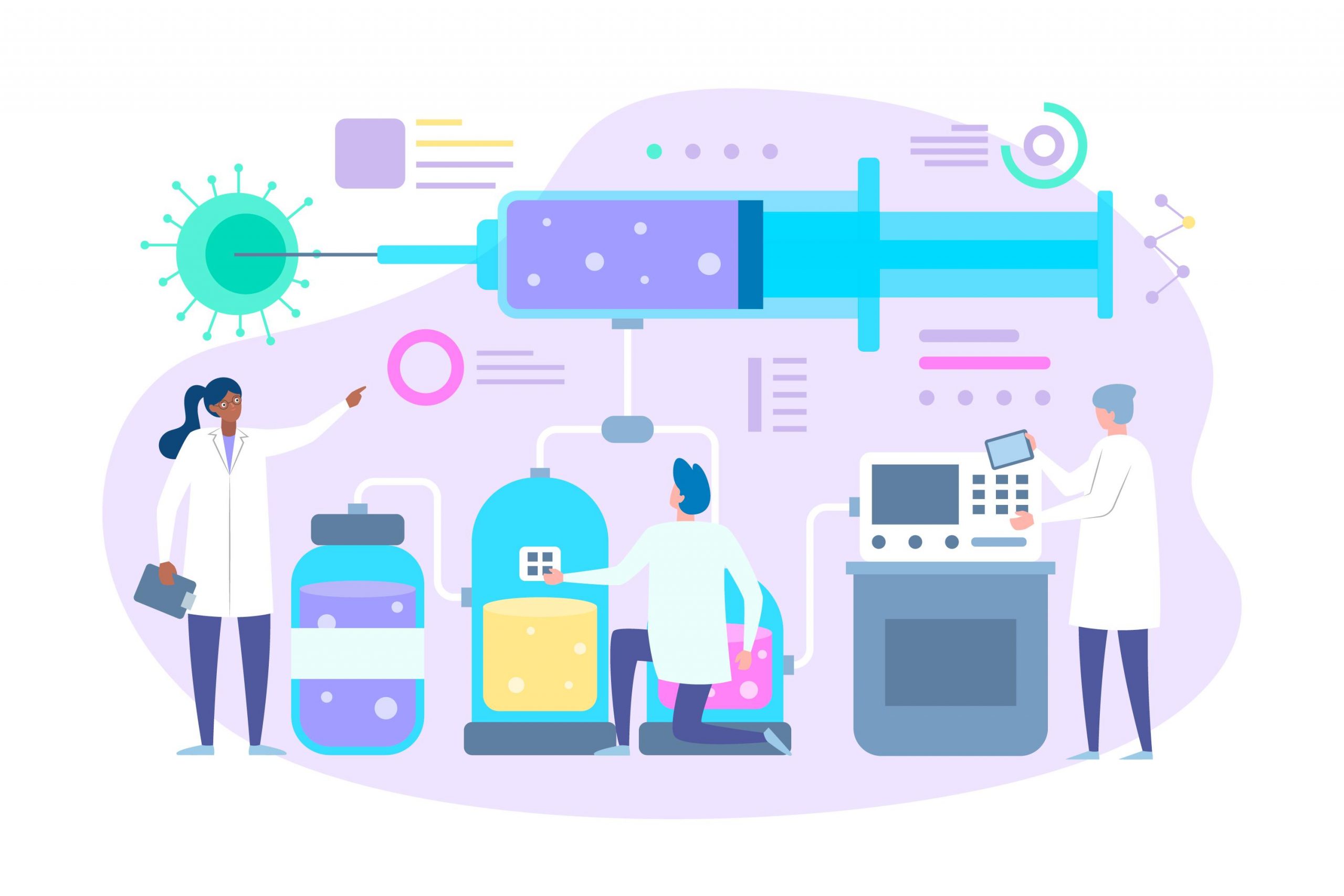Our healthcare system relies heavily on the pharma industry which provides important drugs and medicaments. Notwithstanding, it has substantial sustainability challenges. tackles sustainable healthcare solutions for pharma industry concerning reducing environmental impact and creating an effective delivery of care.
Introducing Healthcare Solutions for Pharma Industry

Pharma Industry Feels the Sustainability Pressure. This will include the reduction of waste, preservation of resources, and minimizing environmental footprints. Such healthcare solutions for pharma industry are part of a sustainable focus, through which the sector can contribute to a healthier planet and still do its essential services.
Eco-friendly Manufacturing Processes
Among the sustainable healthcare solutions for pharma industry is relatively environmentally friendly manufacturing procedures. These involve the use of clean energy, low waste production, and material cycling. However, pharmaceutical companies can minimize their impacts on the environment by embracing greener manufacturing practices.
Related Blog: Future Healthcare Technology That Will Change the World
Sustainable Drug Development
A major focus in the industry is sustainable drug development since drugs impose a significant ecological footprint on pharma companies. This involves using bio-degradable substances, reducing the use of dangerous chemicals, and utilizing effective mannerisms for drug testing. Sustainable drug development is not only environmentally friendly but also means improved safer, and more effective medicine.
Green Packaging Solutions
The pharma industry also has a great role in packaging. Companies can be change agents by adopting sustainable packaging options such as recyclable or biodegradable packaging materials. The circular economy and waste reduction in the healthcare packaging solutions.
Waste Management and Recycling
Waste management and recycling for effective healthcare solutions in the pharma-quik industry. This includes proper disposal of pharmaceutical waste, recycle of materials if possible and minimized general waste production. Improved waste management results in a healthy environment and sustainable care delivery.
Energy Efficiency in Pharma Operations
In the pharma industry, sustainable practices include energy efficiency. Introducing various energy-saving technologies and developing the processes with reduced utilization of supplements can substantially diminish the industry’s carbon footprint. Such a system is not just good for the environment but also reduced costs for companies.
Also Read: Information Technology Solutions for Healthcare
Water Conservation Techniques
Conserving water is necessary for sustainable healthcare solutions in the Pharma industry because it is a valuable resource. Water Saving Techniques, Treatment and Maintenance of the Quality of Water Use in Pharmacy.
Sustainable Supply Chain Management
The environmental footprint of the pharma industry’s supply chain. However sustainable supply chain management practices such as green supplier selection and lean transportation can help a lot on managing this impact. This way, it is apparent that a sustainable supply chain is important in minimizing the pharma industry’s environmental footprint.
Corporate Social Responsibility (CSR) in Pharma
Sustainable healthcare solutions for the pharma industry require good corporate social responsibility (CSR) initiatives. Such requires corporations to accept their environmental impacts and generate progressive social as well as ecological modifications. Sustainability and enhanced community relation through csr praxis in pharma industry.
Innovations in Pharmaceutical Technology
The role of technological innovations in sustainability achievement for the pharma industry. Sustainable Healthcare,” from advanced drug delivery systems to environmental friendly production technologies. Introduction of new technologies can make the pharmaceutical practices efficient, environmentally friendly and cheap to carry out.
The Function of Government By the help of regulation.
The pharma industry is an area where government policies and regulations are key in steering it to sustainability. Such adoption of healthcare solutions for pharma industry calls for strict environmental standards and promoting sustainability besides ensuring eco-friendly measures are in place.
Also Read: The Importance of Information Technology in Healthcare
Educating and Engaging the Public
For sustainable health care in pharma, it is important to make the public aware of how sustainability influences. Pharmaceutical companies can therefore sensitize the public to environmental issues in healthcare and how the latter can contribute towards it.
5 Ways to Increase Sustainable Healthcare Solutions for the Pharma Industry

To further enhance sustainability in the pharmaceutical sector, it’s crucial to identify and implement effective strategies. Here are five ways to increase sustainable healthcare solutions for the pharma industry:
- Investing in Renewable Energy: Transitioning to renewable energy sources for manufacturing and operations. This shift can significantly reduce the carbon footprint of pharmaceutical production facilities.
- Enhancing Green Research & Development (R&D): Focusing R&D efforts on developing more sustainable drug formulas and production methods. This includes investing in research for drugs that have a lower environmental impact during their lifecycle.
- Collaborative Efforts for Sustainable Practices: Encouraging collaboration between pharmaceutical companies, governments, and environmental organizations. Joint efforts can lead to innovative solutions and standardized practices that enhance sustainability across the industry.
- Promoting Sustainable Procurement Policies: Implementing procurement policies that prioritize sustainability. This means sourcing raw materials and services from suppliers who adhere to environmentally friendly practices.
- Employee Training and Awareness Programs: Educating employees about the importance of sustainability and how they can contribute in their roles. Well-informed employees can drive significant change within their organizations by adopting and promoting sustainable practices.
These strategies can help the pharma industry not only comply with environmental regulations but also lead the way in sustainable healthcare innovations.
Future Trends in Sustainable Pharma
So, the Future does look Sustainable for Pharma in Healthcare. Here are 5 key trends:
Precision Medicine: Individualized treatments based on people’s genetic profiles; cutting waste and costs in drug manufacturing.
Artificial Intelligence & Big Data: Using AI and big data to enhance the drug discovery process, saving time and resources for development.
Biodegradable Pharmaceuticals: Making medications that only break down in the appropriate conditions, thus reducing environmental impact.
Telemedicine and Digital Health: Enhancing telehealth, minimizing the environmental impact of conventional healthcare services.
Circular Economy in Pharma: Development of Sustainable Reuse and Recycling Practices in the Pharmaceutical Supply Chain.
The pharmaceutical sector must, therefore, embrace these trends to remain relevant in the future.
Also Read: IoT Asset Tracking Benefits for Hospitals in 2023
Final Words
To sum up, sustainable healthcare solutions for pharma industry are important to protect our planet and its people. Pharmaceutics can be a great participant in sustainable development by introducing eco-friendly technologies, waste reduction, and innovations.
To explore innovative and sustainable healthcare solutions for the pharma industry, connect with Aeologic Technologies, where cutting-edge technology meets environmental responsibility.










